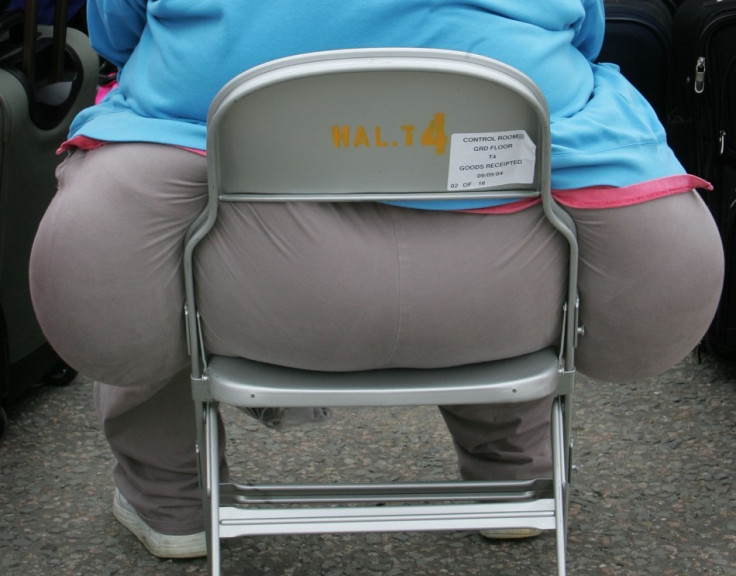Weight Loss Surgery Could Save NHS Billions as it Dramatically Reduces Chance of Type 2 Diabetes

A new study has revealed that weight loss surgery - also known as bariatic surgery - could be the key in saving NHS billions of pounds a year as it is found to have dramatically reduced the chance of developing type 2 diabetes.
According to the study, published in the Lancet Diabetes and Endocrinology journal, the tens of thousands of pounds for weight loss surgery could prevent a lifetime of diabetic complications and treatments; there was an 80% reduction in diabetes of bariatic patients.
Type 2 diabetes leaves a person unable to control their blood sugar levels can result in blindness, amputations and nerve damage.
Government figures show that type 2 diabetes, which is closely linked to being overweight, costs the NHS over £1.5m (€1.9m, $2.4m) an hour, or 10% of the NHS budget for England and Wales.
This equates to over £25,000 being spent on diabetes every minute and estimated £14bn each year on treating diabetes and its complications.
Around 3% of morbidly obese people develop type 2 diabetes each year.
The Lancet published study followed 2,167 obese adults who had weight loss surgery and 2,167 obese people who did not receive bariatic treatment.
It found that there were 38 cases of diabetes following weight loss surgery, compared with 177 cases in overweight people who did receive any treatment.
© Copyright IBTimes 2024. All rights reserved.






